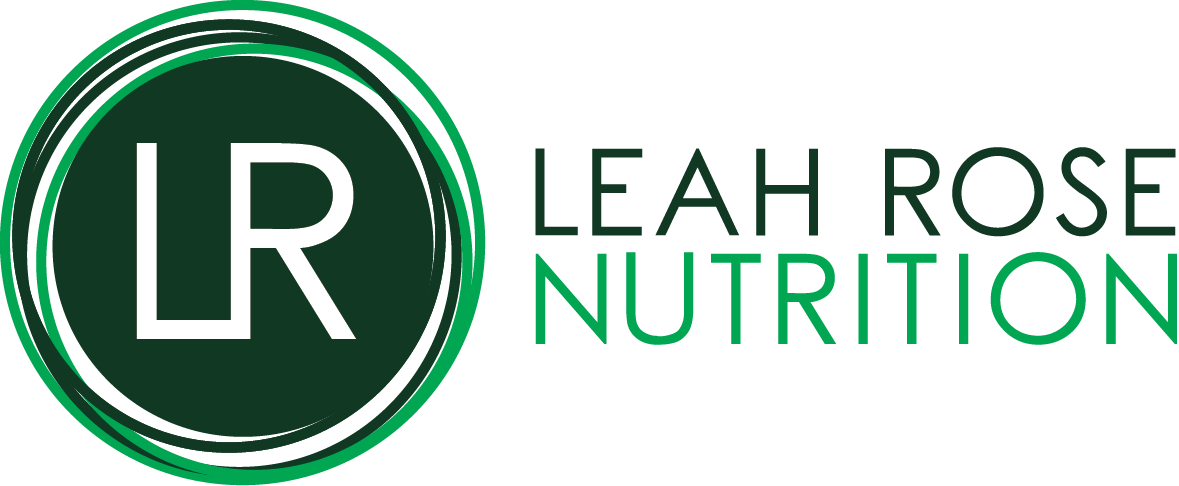What diet is best for menopause?
Good nutrition can help reduce some of the health risks that are commonly associated with menopause, including heat disease, metabolic and cognitive decline, weight gain, and bone density problems. But how do you know if your diet contains the nutrients you need?
Focus on things to include, rather than foods to exclude:
Lean meat, fish, and/or vegetarian alternatives
Dairy and eggs
Lots of fruit and veg
Wholegrains including lentils, peas and beans
Healthy fats
Vitamin D and creatine
Reduced alcohol
There are no ‘superfoods’ or ‘silver bullets’ when it comes to menopause nutrition, but there are lots of things you can include to support your current and future health.
Variety, and a focus on wholefoods like lean meat and fish, fruit and veg, wholegrains, diary and eggs, nuts and olive oil, will help ensure that you are getting what you need.
Make sure you include foods you love and enjoy, and watch out for heavily marketed products making claims that can’t be substantiated.
